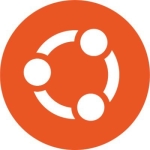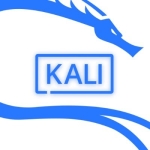The ones I really appreciate are things like the fact that, from a costing perspective, it is only the support cost. That's the only thing you have to pay for.
There are the little hidden things like Kubernetes of packaging, OpenStack, it's all built in to the subscription as part of Oracle Linux. When you get Oracle Linux, you get OpenStack and Kubernetes which, is coming down the path.
Ksplice is a huge piece for us for supportability as well.
Pre-validated configuration is a huge benefit for us, because we're doing database installation all the time.
I think the biggest benefits you'll see are things like rapid deployment, things like templates. Again, like I mentioned before about validated configuration. You don't have to set individual parameters, and set up settings. DBAs just run this RPM and, boom, you have an environment that's already pre-configured, pre-set for Oracle configurations.
Kubernetes, as I mentioned before, that's coming down soon.
Stability and scalability, we don't have any issues. We're running it on PCA, we're running on bare metal, we're running on different cloud configurations, OVM. For us, UEK versions 2 and 3 have been very stable and very scalable. We run RAC on it as well.
That's interesting because I came from Oracle support, it's near and dear to my heart. One of the beauties of Oracle support is the fact that the guys who are in Oracle support actually came from Oracle database support. So when you make a call to Oracle support, if you're calling about a web or app server, especially a database server, they know exactly what you're talking about, because they came from that world. You don't have to explain to them what a database is, what a process is. They totally get it.
Very straightforward. Setting up Linux, we usually use templates, ISO images. We use Spacewalk, which is part of the subscription model, it's free; so we use Spacewalk quite a bit.
I always tell them, if you're running Oracle workloads like database, that's a natural fit for Oracle Linux. Because, like I said, It's pre-configured, you get to validate configuration, you get Spacewalk, support. It's a nice little bundle.
When selecting a vendor, the things we focus on are high availability, scalability, and business requirements. All those things come together. We figure out whether it's a RAC solution, OVM solution, virtualize, a middle-tier stack that all fit in together.
I would say it's a nine out of 10. Start using it. If you're familiar with Red Hat, you're going to be familiar with Oracle Linux. It's pretty much the same thing, so start investing time and testing it in-house.
















